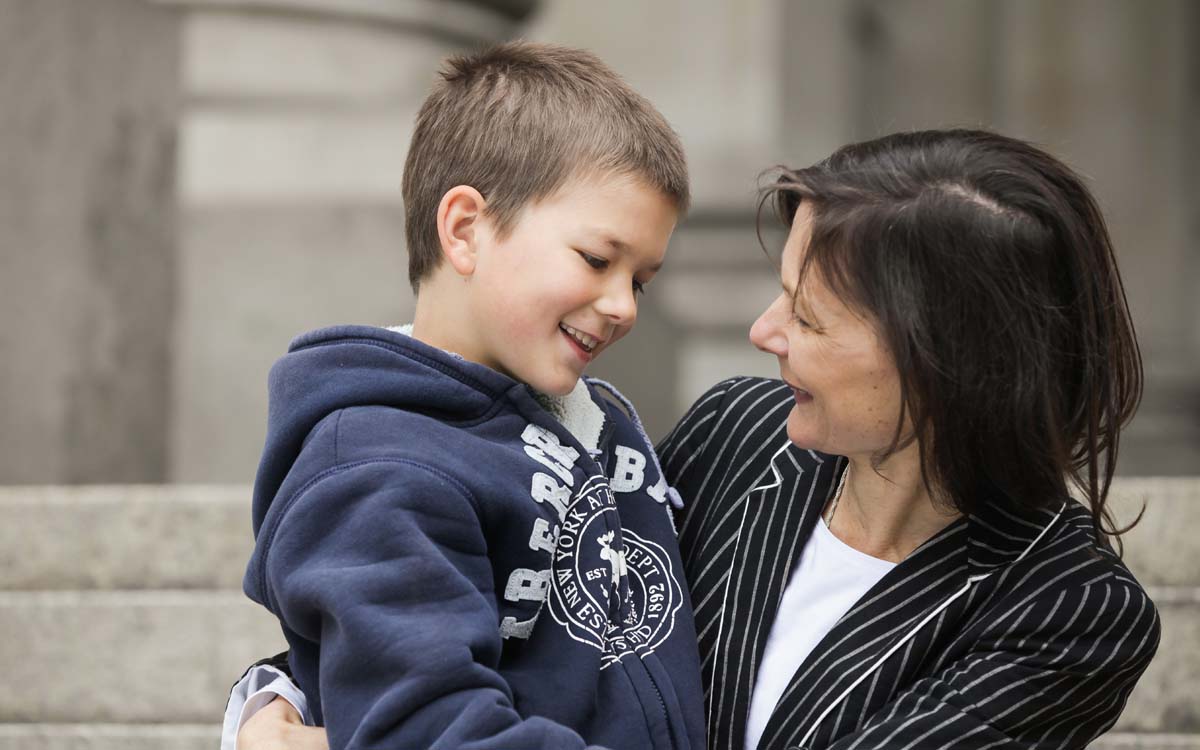Do I share the whole truth, partial truth or withhold the truth from my child?
I’ve always been amazed at how much anxiety surrounds topics that I call “Guarantees in Life”. There are a few taxes and guarantees in life … taxes and death being just two examples.
In my years of counselling and even well before my counselling career, I’ve noticed how much anxiety surrounds the guaranteed fact that one day we will all eventually die. I’ve often wondered why?
This statement is not intended to put a dampener on life, rather when embraced in full allows us to understand and appreciate life to a greater extent and with more purpose to each day!
In my personal and professional life, I’ve heard children ask many difficult questions (e.g. “When is Grandma coming back to life?”, “Why is mummy crying?” and/or “When are you going to die?”). These questions are not always answered honestly and can be responded to with ‘little white lies’ that are shared with children.
For example, I had a client once who kept expressing to their parents that they were scared their parents were going to die. The parents’ response was, “But we are not, fortunately, going to die”. This little white lie is a hope, but not a reality. These untruths are often shared with good intent of protecting our children from feeling hurt, anxious or sad; however, unfortunately these ‘white lies’ are actually adding to increased anxiety.
But let’s first understand anxiety a little bit more:
Simply put, in the example of the death of a loved one, anxiety is perceiving that you do not have the required skills to respond to the aspects of life that surround this incident.
For example, many people do not feel equipped to:
- Respond to life when their loved one is no longer here
- Know what life will be like without their loved one
- Understand what is actually happening when someone is sick
- Feel all that is being felt in their body
- Express what is truly being felt
- Deal with the emotions of other people around them (e.g. how should I be when I see Mum, Dad, Granddad, Grandma upset?)
- understand the aspects of life they perceive they do not yet have the skills to respond to, and then
- develop the skills to respond to this aspect of life. The outcome being that we now feel equipped to deal with this previously challenging aspect of life!
When white lies are told, we are taking away the opportunity for someone to develop the skills to deal with life.
- We do not want to feel the sadness that comes from a child because another person’s sadness can trigger our own sadness. The anxiety surrounding death as mentioned above is not just relevant for children, it can be relatable to us all.
- We want to protect our children from feeling the sadness that we feel when these white lies are shared.
- We don’t want our children to have to deal with the realities of life.
The way we can best support our children to respond to sadness, grief and loss is to support them to develop tools enabling them to understand, feel and respond to all aspects of life including difficult topics such as loss and death.
For example, we could say: “One day Mummy will die, but we are going to spend every day between now and then supporting you to be the most amazing you in this world. So when I am no longer here you might miss me and that is totally ok, but you will always be ok without me here because you will have you with you wherever you are … and I love being with you!”
This statement does not deny the inevitable but equally is based on supporting the child to be prepared for what life presents.
The way to support our children is to answer the questions they ask in a factual and truthful manner. Our role is not to withhold life, rather to support every person to feel equipped to manage whatever life presents!
This article was originally published in the April 2015 Edition of Haven Magazine.







